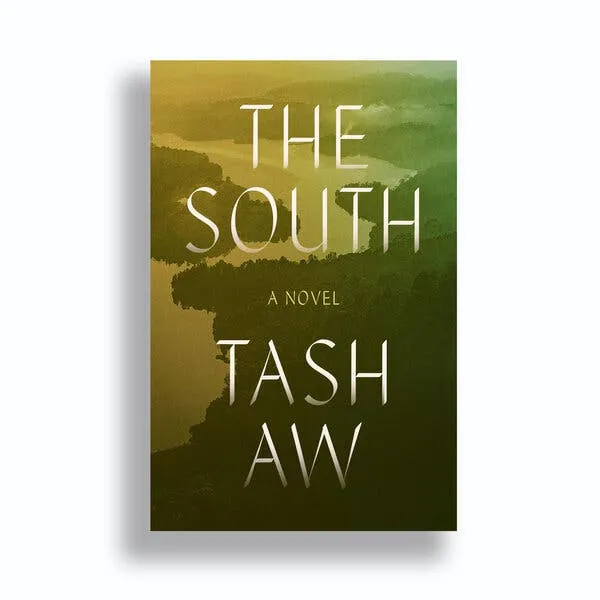Time slips through the fingers like sand, now endless, now fleeting, shaping memory and self in its quiet, relentless flow. In Tash Aw’s The South, a meticulously crafted novel from the celebrated Malaysian writer, time emerges as both muse and adversary, its passage sculpting the lives of a family tethered to a failing farm in Malaysia’s southern reaches. As a writer drawn to stories that unravel the human heart, I found myself captivated by this meditation on narrative, memory, and the tender ache of youth’s fleeting desires.
At the novel’s core is Jay, a retrospective narrator teetering on the cusp of seventeen, grappling with time’s weight. “What did I really know about time?” he muses, a question that haunts the taut chapters woven from multiple perspectives. The farm, inherited by Jay’s family, is a decaying relic—its orchard rotting, its promise fading. Here, Jay’s evolving bond with Chuan, the older son of the farm’s manager, forms the story’s quiet, transgressive heartbeat. Their first sexual encounter, set amid diseased trees, pulses with raw discovery, a moment that Aw unfolds with delicate precision before stepping back to trace its stakes. I felt the heat of this scene, not just in its intimacy but in its defiance of the farm’s stifling decay.
The novel simmers with unspoken tensions. Jay, his parents, and his two sisters arrive to assess their inheritance, but the weight of unvoiced conflicts—marital strains, cultural roles—lends the story a humid intensity. “Everyone was waiting for something better,” Jay observes, capturing the family’s struggle to live in the present while tethered to obsolete traditions. The adults’ chapters, written in third-person present tense, offer a distant precision, as if Jay, narrating, can only observe their struggles from afar. His parents navigate a marriage shaped by rigid expectations, their choices casting shadows of uncertainty over the family’s future. As a reader, I was struck by Aw’s ability to render these quiet fractures with such clarity, each perspective a shard of a larger, fragmented truth.
Jay, by contrast, yearns for time to hasten. “Time is something to be endured,” he laments, craving the freedom of adulthood, imagining a self “stronger, calmer, more beautiful.” His hunger to shed innocence drives him, even as the older Jay, narrating years later, reflects with a dulled sense of wonder. This tension—between the fervent boy and the weathered man—propels the novel’s innovative narrative structure. Aw’s shifts in point of view are masterful, modulating closeness and distance. In the opening, Jay describes himself in the third person, as if witnessing a stranger: “It is the first time he has felt his body slipping away from his control.” Later, his first-person past-tense chapters collide with moments where the “I” fractures, referring to Jay as separate. This technique, both subtle and searing, suggests the self is never fixed, always reimagined through memory’s unreliable lens. As a writer, I marveled at this craft, how Aw makes the act of storytelling a mirror to the fluidity of identity.
The South is a novel of pathos, not incident, its power lying in its quiet elegy for a lost time and place. Jay’s refusal to cling to childhood’s blinders parallels the farm’s slide into history. “That was how memory worked; it was the opposite of recollection,” he reflects, noting how the moments that once burned brightest—first love, first desire—fade into shadow. I felt this truth acutely, the way youth’s intensity dulls over time, leaving only fragments. Aw enacts this loss through Jay’s voice, always aware that the selves we once were are long gone, buried under time’s weight.
The prose is spare yet evocative, each sentence a brushstroke painting the farm’s decay, the orchard’s rot, the humid air thick with unspoken longing. For readers of literary fiction or stories of self-discovery, The South is a gem, its exploration of time and memory both universal and deeply specific to its Malaysian setting. As a blogger, I’d recommend savoring it slowly, letting its insights linger like the scent of earth after rain. Aw has crafted a story that doesn’t shout but whispers, its truths about love, loss, and the stories we tell ourselves echoing long after the final page.

